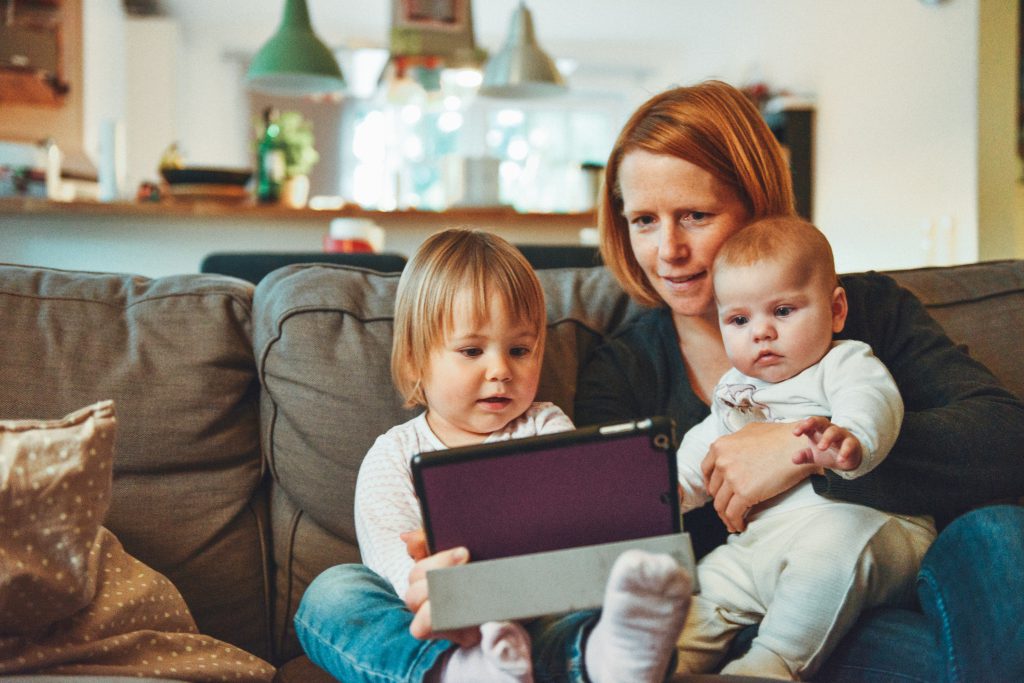Children go through various development stages and are continuously learning and developing new skills. One of the very first skills developed is communication. The latter plays a central role in their everyday life and is crucial to ensuring healthy development. Parenting is a full-time job: your child is going to need all the help they can get from you – and other caregivers – to build valuable communication skills.
Here is what you should know to effectively support your children during this important phase:
Always engage in positive communication as it contributes to strengthening your bonds with them.
Positive communication is achieved through praises (obviously, only when they deserve them!), by encouraging them to share with you about how they feel, and engaging with them in interactive play – which in return will give you the opportunity to learn more about what they like and dislike.
Give them time to express themselves.
Keep in mind that unlike you, they are still going through various development stages and their communication skills are not as sharp as yours. They need a little bit more time to reflect on what they want to say and translate their thoughts into words.

Give them exposure.
The more exposure to sounds and language structures they get, the more likely they are to assimilate new words and develop their communication skills. Effective ways to achieve this are talking and reading to them as often as possible. It is, however, recommended to limit their exposure to screens – such as TV, phones and tablets – as those can impact their behaviour.
Find the right balance.
It is fine to correct your child when they mispronounce a sound; however, keep in mind that over-correcting them can have counterproductive effects.
Treat them as equal communication partners.
Give them space to share and respect speaking turns – make sure that they are done talking before you speak! Do not underestimate their abilities, especially when it comes to reflecting and sharing their thoughts.
Engage in active listening.
It is important to give your child your full and undivided attention. It will definitely contribute to building a strong and healthy relationship between the two of you. Studies have shown that a child’s environment can have a huge influence on their development. So, whenever you are with them, do your best to ensure that your mind is actually really with them! Your child needs attention and does notice this kind of things. Several studies have shown that children whose parents spend non-negligible amounts of time on their smartphones – or using other types of devices – instead of spending actual time interacting often get the feeling that they are being ignored. Research has shown that parental distraction can negatively impact children’s behaviour.
Make sure to involve your domestic helper.
Your domestic helper is spending a lot of time with your children – don’t forget that your domestic helper gets to interact with the kids on a daily basis and as such, it is important to engage her. First things first, start by explaining to her how crucial her role is in the development of your child. Make sure that she understands how you want her to interact and communicate with your children; that is why it is important that you take some time to brief her on your expectations and hold regular review meetings to track your child’s progress.
Do you have other tips to effectively communicate with your child? Please share them below!





